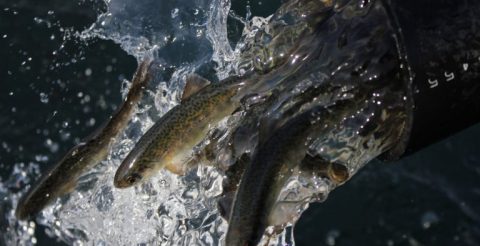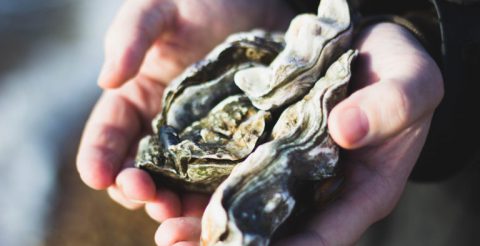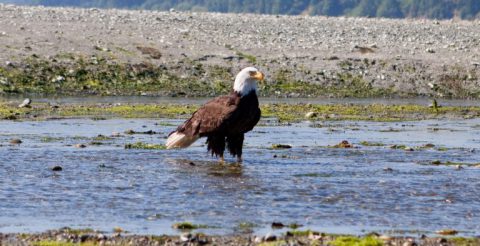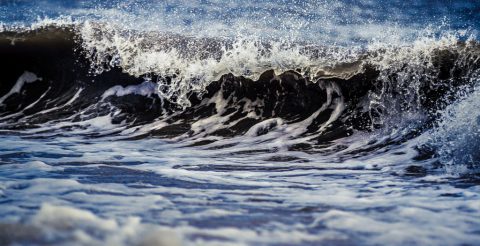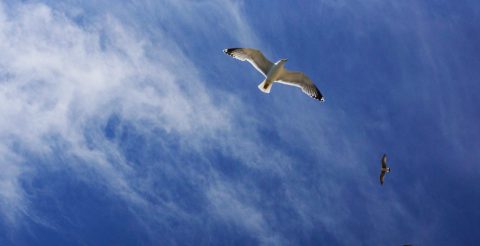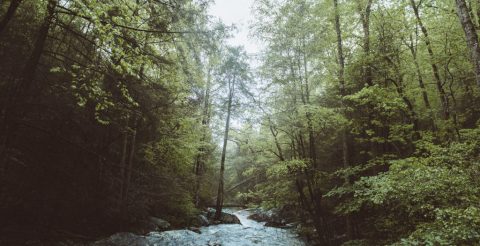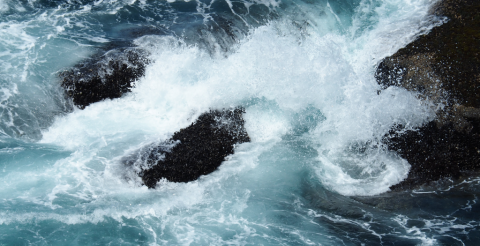Finfish
As natural resources co-managers, the Treaty Council works with its member tribes, other treaty tribes and the State of Washington for decades to manage fisheries and hatcheries in a manner that considers the needs of both people and fish, while ensuring that harvest management plans and fisheries are consistent with salmon protection and recovery efforts.
